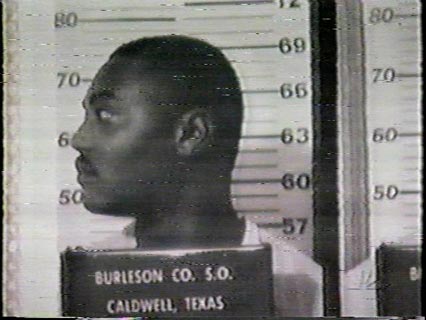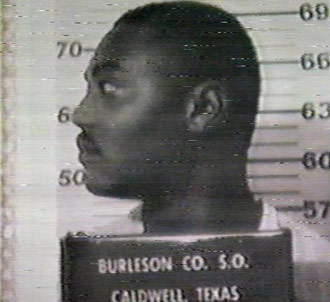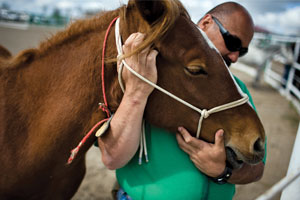
It wasn’t too long after the Texas Monthly ran an epic piece on the horribly flawed case against Anthony Graves that the Burleson County DA’s office announced that it was clearing him on charges of capital murder and setting him free—after 18 years in prison. I wrote about that piece here (“Innocence Lost“), and have finally got around to reading Pamela Colloff’s followup, which brings her story up to date and explores what happened when a badass special prosecutor sat down to look at the facts of Graves’ case and decide whether to retry it. (An appeals court, finding some problems, had kicked it back to the lower court for consideration.)
The followup story, which ran in TM‘s January issue, is as gripping as the original. It captures the drama that unfolded when it began dawning on Kelly Siegler—the feared prosecutor who ate bleeding-heart liberals for breakfast, sent 19 men to death row, and had a rep for winning old cases based on circumstantial evidence—that Graves’ trial was “a travesty” and a stain on the justice system that raised questions of borderline-criminal misconduct on the part of former district attorney Charles Sebasta.
Sebasta, Siegler told reporters at the press conference announcing Graves’ release, “handled this case in a way that would best be described as a criminal justice system’s nightmare.” Sharing the podium was current Burleson County DA Bill Parnam, who was “absolutely convinced” of Graves’ innocence. “There’s not a single thing that says Anthony Graves was involved in this case,” he said. “There is nothing.”
Colloff also captures Graves’ humanity, and his refusal to let himself be consumed by the anger that is rightfully his. I’ve said enough. Go read “Innocence Found.”
Update: Wow. The Texas state comptroller has denied Graves compenstation for his wrongful incarceration. As the Houston Chronicle reports, “The letter from the comptroller’s office said the court order must indicate ‘on its face’ that it was granted ‘on the claimant’s actual innocence.'” The judge could have inserted that language, but Parnam—why? why?—didn’t request it within a 15-day window provided under the law. This county, and the state of Texas need to do the right thing here.

















